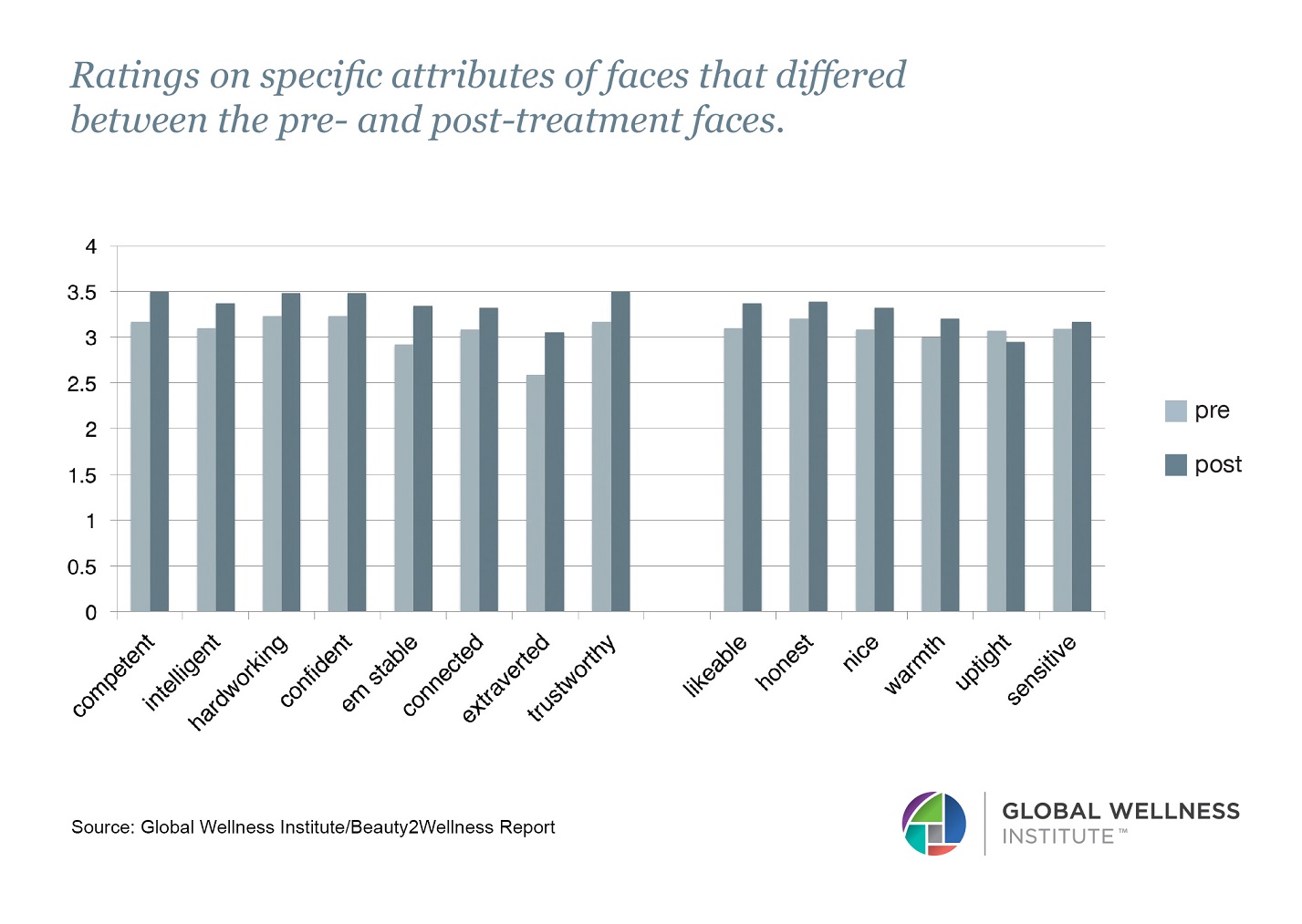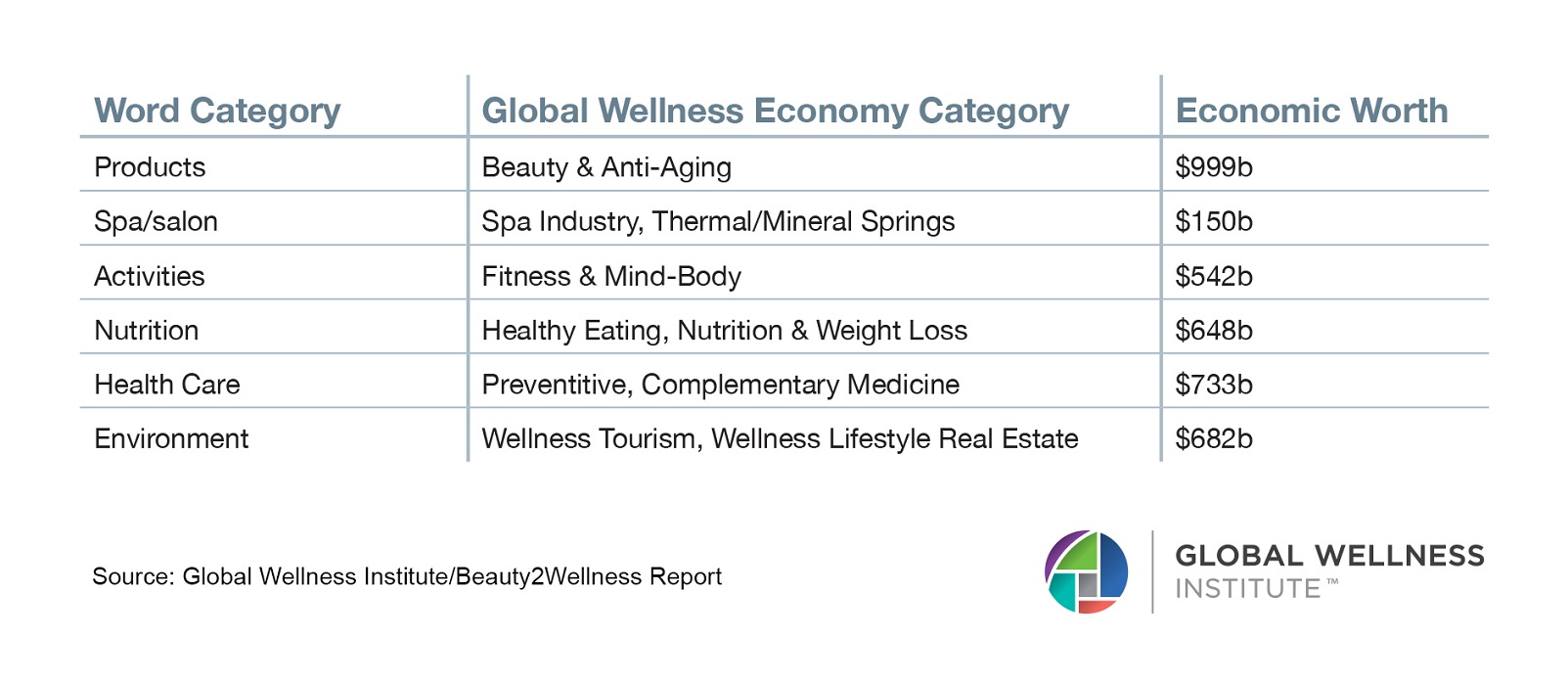Beauty plays integral role in wellness, finds study

New findings from the Global Wellness Institute has revealed that there is a connection between beauty and the brain when it comes to stereotypes.
The Beauty2Wellness study, led by Anjan Chatterjee from the University of Pennsylvania, looked at the “beauty is good – disfigured is bad” stereotypes, hoping to demonstrate that by using words that embody elements of both beauty and wellness, the perception gap could be bridged.
Chatterjee tested this perceived “bias” by asking observers to share initial impressions of 26 sets of facial pictures, a mix of those affected by disfigurement such as scars, small wounds and facial paralysis, and those who have been treated to correct the disfigurement.
The findings found that those with post-treatment faces were seen as having more positive personality traits.
“Our first study showed that people make deep inferences about a person’s personality based on superficial features. Flawed faces are regarded as flawed people,” said Chatterjee. “The cosmetic industry can mitigate these judgements that likely adversely impacts people’s wellbeing at work and at play.”

According to the report, good-looking people receive many advantages in life – more likely to be hired, given more pay, receive lesser punishments and assumed more intelligent and trustworthy, while the “disfigured is bad” bias can exist and people with minor facial disfigurements may be judged negatively and perceived as having undesirable personality traits – emotional instability and lazy.
A second study considered whether people were aware of harbouring biases related to facial attributes and the results showed that people make automatic inferences about a person’s personality when they look at a face, with men especially susceptible to adverse biases.
Researchers also analysed 10 years’ worth of Google news to identify concepts that bridge beauty and wellness, and there was a notable similarity between the study’s linguistically derived categories, such as products and fitness, and the categories identified in a 2015 GWI report on the global wellness economy.

GWI chair and CEO Susie Ellis commented: “Understanding biases helps us understand how people might overcome them. This knowledge also contributes to building an egalitarian society that supports individual wellness, which is a goal of the Global Wellness Institute.”
The full Beauty2Wellness: Mitigating Barriers and Building Bridges report is available here.
Read more:

